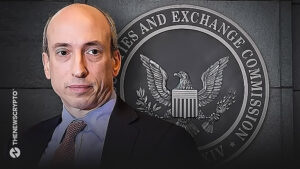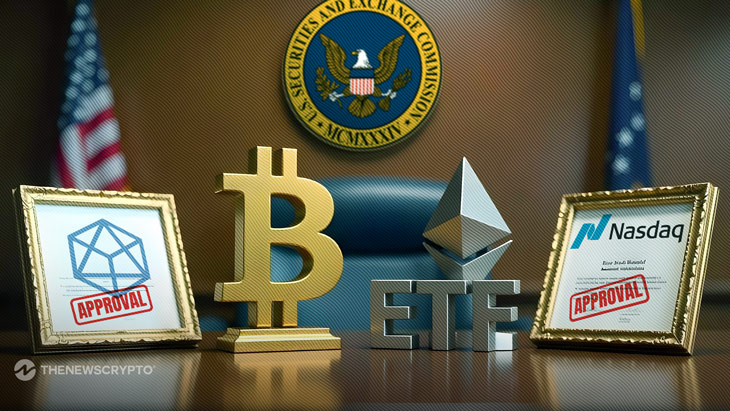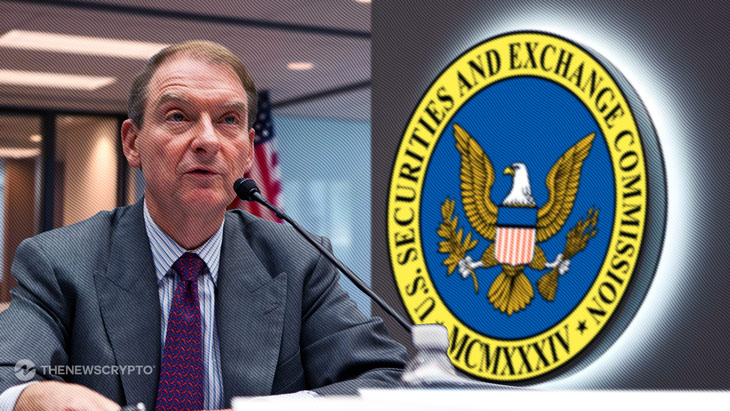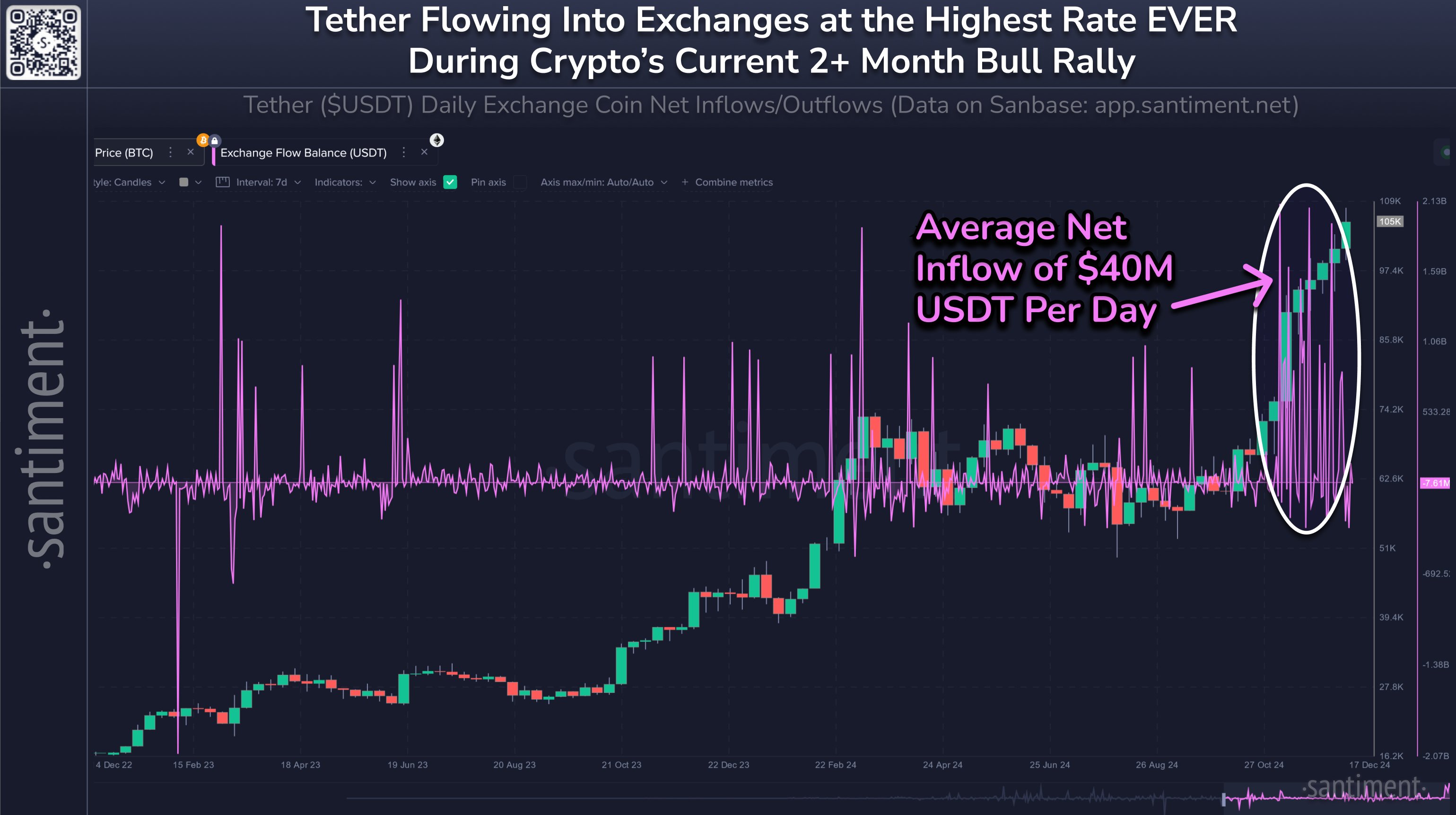
- SEC intensifies actions against major US crypto exchanges.
- Coinbase argues crypto tokens shed securities status on the platform.
- SEC to follow Congress directives on crypto regulation.
In a surprising twist of events, the Securities and Exchange Commission (SEC) has stepped up its game against major crypto exchanges in the U.S. After years of encouraging registration, the regulatory body is now throwing down the gauntlet. However, this is targeting the key players offering unregistered crypto trading to retail investors.
From the SEC’s viewpoint, most crypto tokens qualify as securities. Hence, companies wanting to trade these tokens must register with the SEC. They may act as an exchange, broker-dealer, or clearing agency.
A Crucial Tug of War Between Innovation and Regulation
At first glance, the SEC avoided litigation to protect the U.S. crypto industry and its investors. However, their recent actions suggest an underlying belief that compliance with the Securities Exchange Act might be an insurmountable challenge for crypto intermediaries.
In light of this, the SEC has adopted a more direct strategy. As per reports, they aim to limit retail crypto trading by targeting exchanges instead of individually identifying unregistered tokens or vaporware projects.
Albeit regretful, this move is designed to prevent future violations and another FTX-like incident. While this approach may stifle innovation, the SEC believes it’s necessary for the greater good.
In response, Coinbase presents an intriguing argument. It posits that although crypto tokens may have originated from a securities offering, they become mere utility instruments on Coinbase’s platform, shedding their securities status. Whether this argument holds water in court remains to be seen.
Future of Crypto Regulation is in the Balance
According to news, SEC Chairman Gensler asserts that the SEC would adhere to any clear directives from Congress concerning crypto oversight. Specifically, if Congress stated the SEC had no jurisdiction over crypto or implemented cryptocurrency-specific laws, the SEC would comply accordingly. Meanwhile, without clear instruction from Congress, the SEC is obligated to apply the existing Howey test framework to tokens and crypto perceived as securities.
Contrarily, Crypto exchanges, and other defendants may need to bide their time. Moreover, it is hoping for Congress to establish new regulations or offer a compliance roadmap. The crypto wars have indeed escalated, and as they continue, we must keep a keen eye on these unfolding developments.







